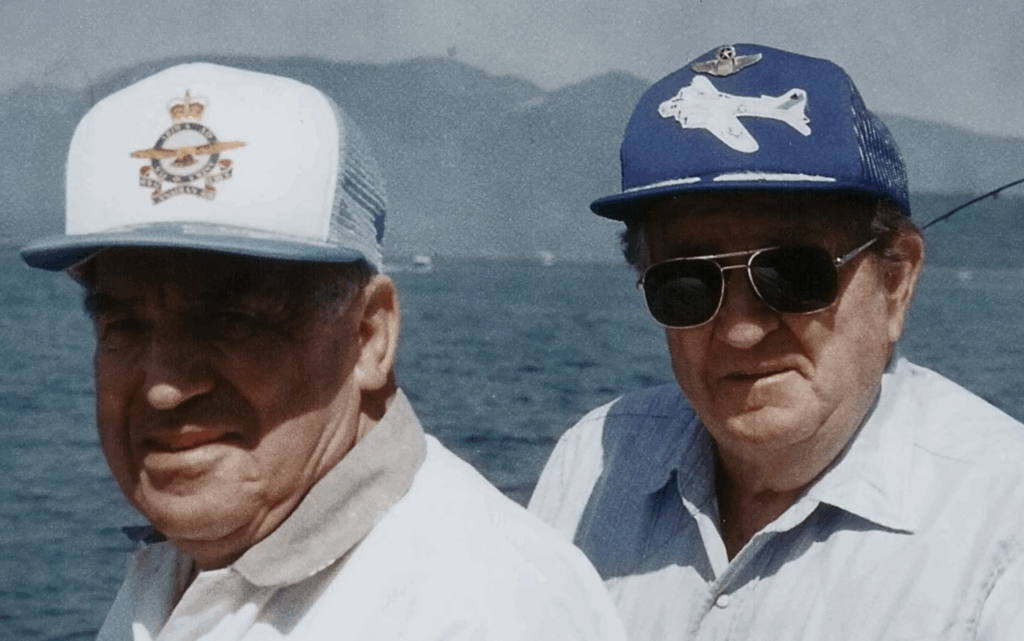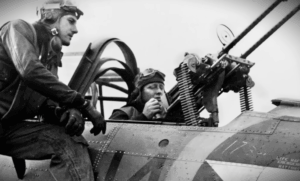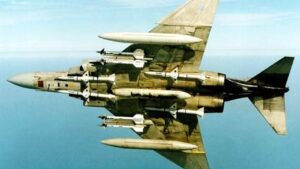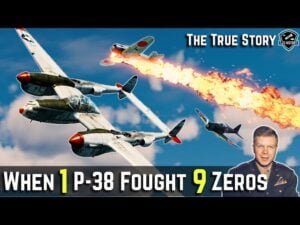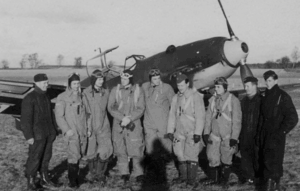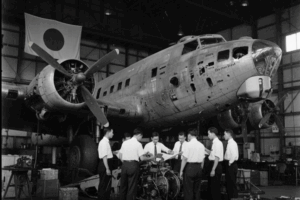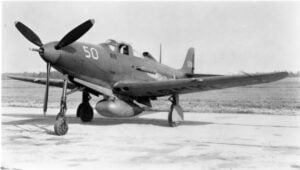How a WWII Dogfight Sparked a Friendship That Took 40 Years to Begin
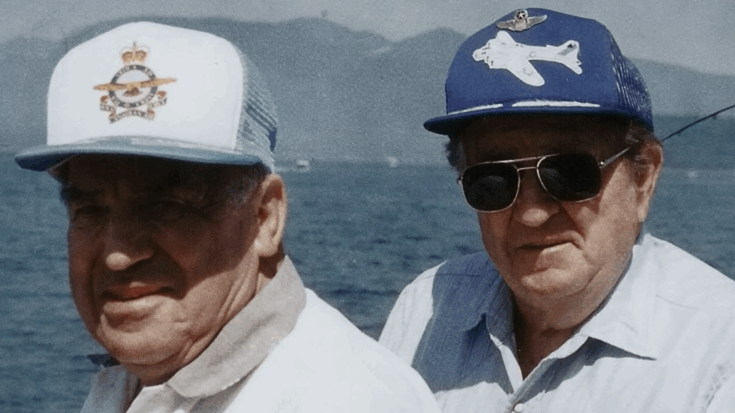
A194X / YouTube
The Encounter Over Germany
In December 1943, a young American bomber pilot named Charlie Brown found himself flying over Germany with a shattered aircraft. His B-17, nicknamed Ye Olde Pub, was crippled after an air battle, its engines smoking and most of the crew wounded. Out of the clouds came a German fighter — a Messerschmitt Bf 109, flown by pilot Franz Stigler. Instead of finishing the kill, the German ace looked through the holes in the bomber’s fuselage and saw men struggling to keep each other alive.
For a moment, the two pilots locked eyes through their canopies. Then, instead of firing, Stigler did something unthinkable. He escorted the dying bomber out of German airspace, ensuring its safe path toward the North Sea. Ten men survived because of that decision. When the bomber finally landed in England, its condition stunned the ground crews — it was so damaged that it would never fly again.
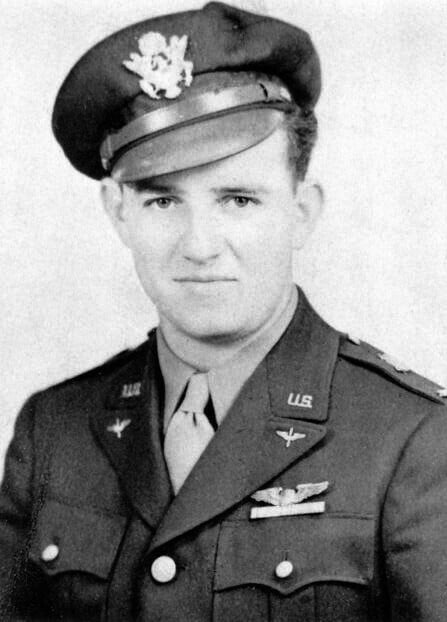
The Weight of Silence
When Charlie told his commanders what had happened, the response was immediate. He was ordered never to speak of it again. Commanders feared that if word spread that German pilots could show mercy, it might create sympathy toward the enemy. Charlie obeyed. He completed his missions, came home to West Virginia, and built a new life. But the memory of that day never left him. His daughter would later recall her father waking up from nightmares, haunted not by anger, but by a single question: Who was the man who spared us?
On the other side of the war, Franz Stigler also kept silent. Sparing an enemy aircraft was a court-martial offense in Germany, punishable by death. He never told his superiors what he had done. After the war, he survived the collapse of his country, immigrated to Canada in 1953, and built a new life as a businessman. Yet he, too, never forgot the sight of that battered bomber and its desperate crew. He later said that after that day, his desire for victory was gone.
Searching for the Unknown Pilot
By 1986, more than forty years had passed. Charlie Brown, now 64 and retired, attended a reunion of combat pilots in Boston. When asked if he had any memorable missions, he told the story he’d kept quiet for decades. The crippled bomber. The German fighter. The silent salute. Listeners urged him to find the other pilot. So, he began searching.
He wrote letters to archives, contacted air force offices, and searched through records in both the United States and Germany. Years passed with no progress. Many documents had been destroyed or scattered after the war. But Charlie couldn’t stop. The nightmares continued, and so did the question. In 1989, he decided to write a letter describing the encounter in detail and sent it to a newsletter for veteran pilots on both sides of the Atlantic. He included one distinct memory — that the German pilot had looked at him and saluted before flying away.
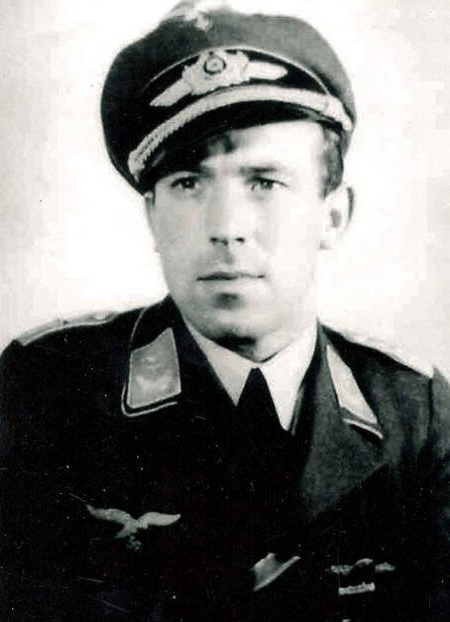
“I Was the One.”
Across the ocean, in Vancouver, Franz Stigler was now 74 years old. He had attended the same anniversary event in 1986 — the only German pilot there — and had told his version of the story to a local reporter. When he saw Charlie’s letter in the newsletter, he recognized every detail: the date, the location, the damaged bomber. After forty-seven years, he finally knew the men had survived.
On January 18, 1990, Charlie received an envelope from Canada. Inside was a short letter with four words: “I was the one.” The two men spoke on the phone soon after. Franz explained why he hadn’t pulled the trigger. He had remembered his old commander’s warning never to shoot helpless men — even those in parachutes. To him, the wounded Americans inside the bomber were the same. They were no longer a threat. Killing them would not have been combat; it would have been murder.
The Reunion That Changed Everything
Six months later, they met in Seattle. When Franz stepped out of the car and saw Charlie waiting, the two men ran toward each other and embraced. Both wept. “I love you, Charlie,” Franz said quietly. That day, Charlie introduced Franz to the surviving members of his crew, their children, and grandchildren — people who were alive because of Franz’s mercy.
From that moment, they were inseparable. They spoke every week and traveled together, appearing at air shows and veterans’ gatherings. Franz once gave Charlie a book inscribed, “In 1940, I lost my only brother as a night fighter. Thanks, Charlie — your brother, Franz.” Their families became close, and their bond grew stronger with time.
Some people never understood it. Franz was called a traitor by some in Germany and labeled a war criminal by a few in Canada. He ignored them all. To both men, the war’s labels no longer mattered. What mattered was what happened in the skies on December 20, 1943 — when one man looked at another and chose mercy instead of hatred.
